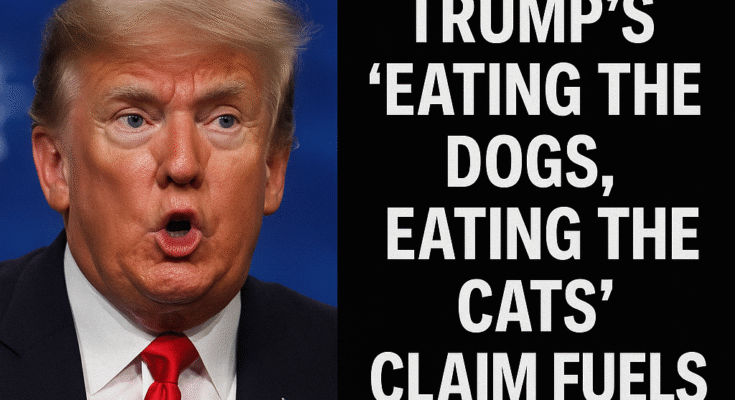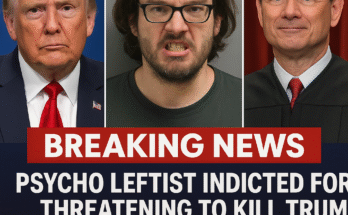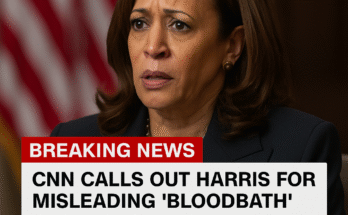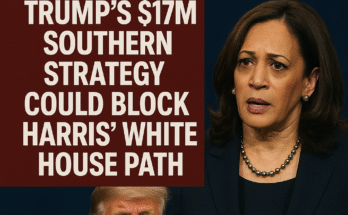A recent video analyzes what it describes as inconsistencies in fact-checking, particularly concerning claims made by politicians. The video highlights a perceived bias, where some statements are scrutinized more heavily than others.
The CHAZ/CHOP Example:
The video points to the 2020 protests in Seattle, where a portion of the city was declared the “Capitol Hill Autonomous Zone” (CHAZ), later renamed the “Capitol Hill Organized Protest” (CHOP). While initial fact-checks and community notes on X (formerly Twitter) labeled claims of a protester “takeover” as false, the video argues that reports from the time, even in outlets like The Seattle Times, support the idea that protesters did indeed control a specific area. This example is used to suggest a potential double standard in how information is verified.
The “Eating Dogs and Cats” Controversy:
A significant portion of the video focuses on Donald Trump’s controversial claim that migrants are “eating the dogs” and “eating the cats.” While many, particularly on the left, might view this as a trolling tactic, the video argues that it’s a form of “meme magic” that inadvertently benefits Trump.
The video contends that these vivid, albeit disturbing, phrases, even if used for mockery, make the issue of immigration more memorable and attention-grabbing. It suggests that abstract numbers about immigration don’t resonate as strongly as these shocking claims. The video posits that even if people question the literal truth of the statement, it forces them to confront the underlying issue of immigration. This increased awareness, even if fueled by controversy, ultimately serves Trump’s political aims. The video includes footage of Trump speaking in Arizona, expressing concerns about illegal immigration.
Key Takeaways:
- The video suggests that fact-checking isn’t always applied consistently across the political spectrum.
- It argues that even seemingly outlandish claims, like Trump’s “eating dogs and cats” statement, can be effective political tools by capturing attention and framing the debate.
- The video highlights the power of memorable phrases and “meme magic” in shaping public discourse, even if those phrases are initially intended as mockery.
- The video emphasizes the importance of understanding how information, even when controversial, can influence public perception and political outcomes.



